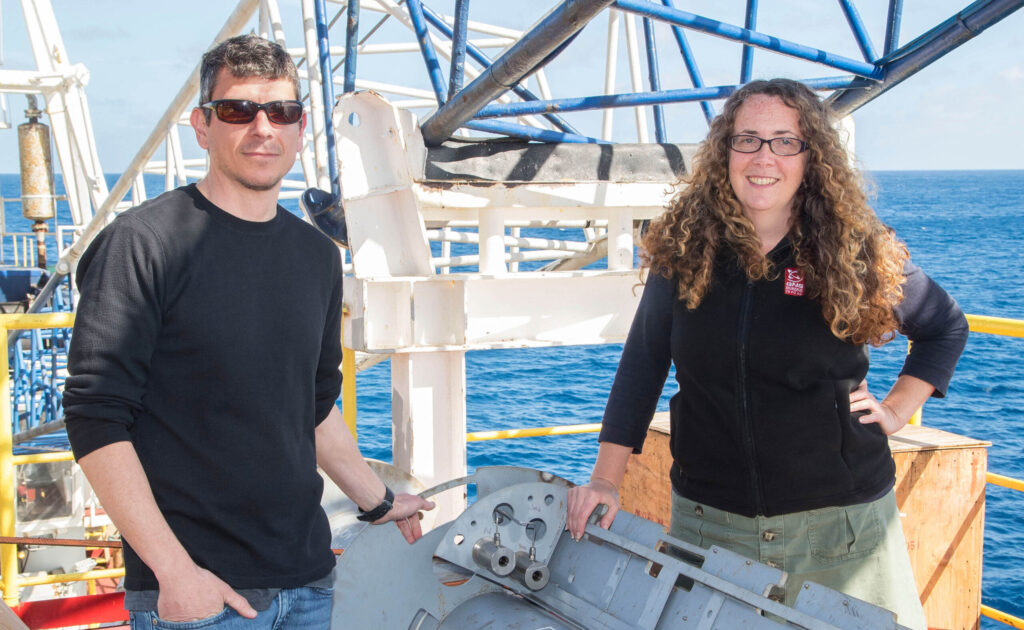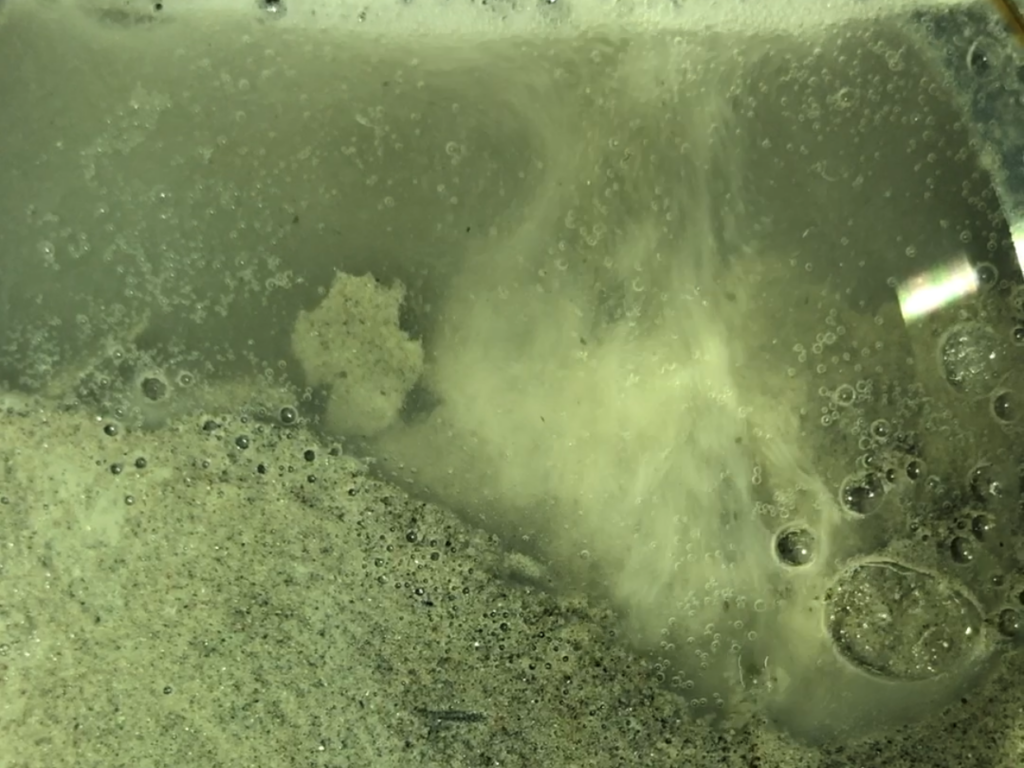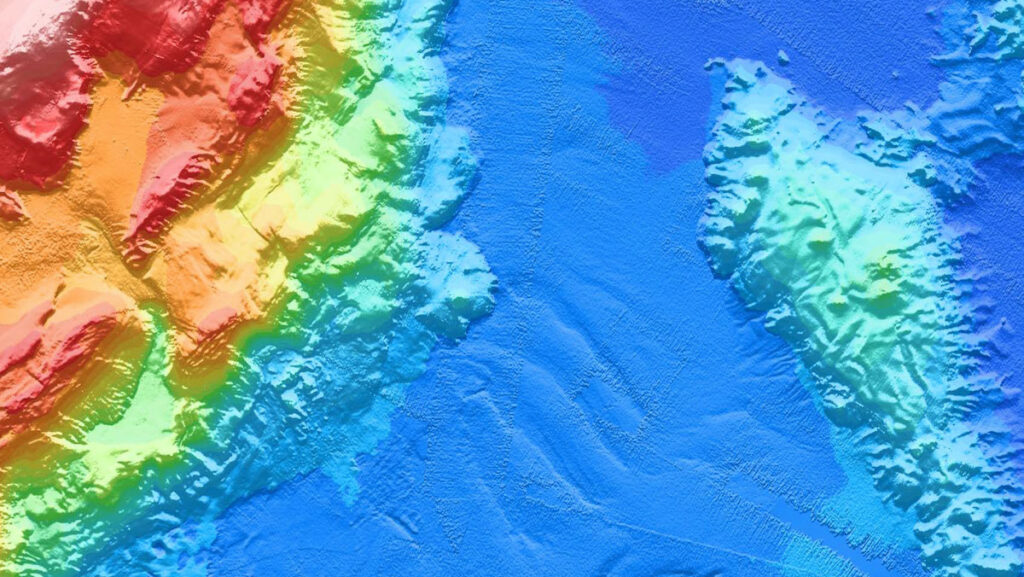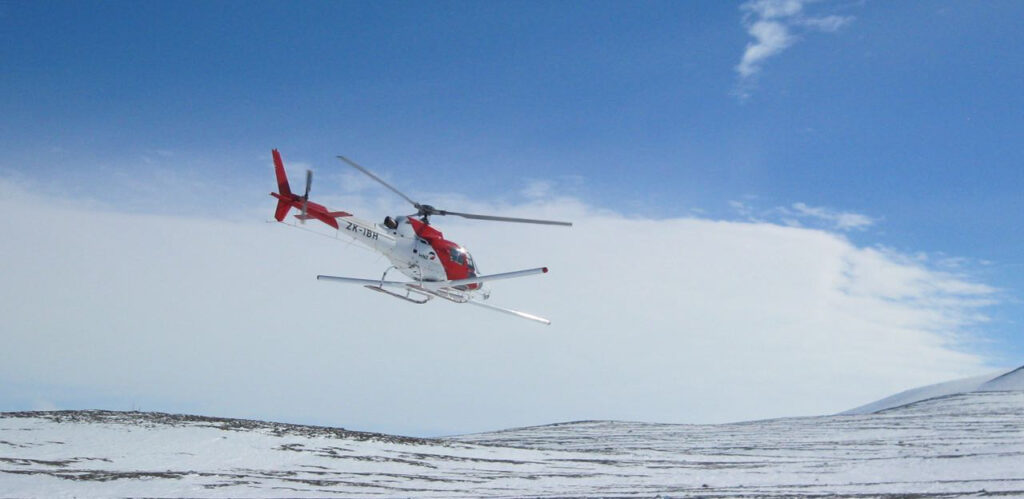New Zealand’s largest fault is a jumble of mixed-up rocks of all shapes, sizes, compositions and origins. According to research from a global team of scientists, this motley mixture could help explain why the fault generates slow-motion earthquakes known as “slow slip events” as well as destructive, tsunami-generating tremors. “One thing that really surprised… Continue Reading Eclectic Rocks Influence Earthquake Types
Computer Model Solves Mystery of How Gas Bubbles Build Big Methane Hydrate Deposits
New research from The University of Texas at Austin has explained an important mystery about natural gas hydrate formations and, in doing so, advanced scientists’ understanding of how gas hydrates could contribute to climate change and energy security. The research used a computer model of gas bubbles flowing through hydrate deposits, a common phenomenon which… Continue Reading Computer Model Solves Mystery of How Gas Bubbles Build Big Methane Hydrate Deposits
Sinking Sea Mountains Make and Muffle Earthquakes
Subduction zones — places where one tectonic plate dives beneath another — are where the world’s largest and most damaging earthquakes occur. A new study has found that when underwater mountains — also known as seamounts — are pulled into subduction zones, not only do they set the stage for these powerful quakes, but also… Continue Reading Sinking Sea Mountains Make and Muffle Earthquakes
UTIG Investigates Sea Level Threat of Giant Antarctic Glacier
Polar researchers from the University of Texas Institute for Geophysics (UTIG) have joined colleagues in West Antarctica to conduct vital surveys of one of the most unstable glaciers on Earth. At around the size of Florida, Thwaites Glacier holds enough water to raise average global sea levels up to a meter. What’s more, if it… Continue Reading UTIG Investigates Sea Level Threat of Giant Antarctic Glacier
Scientists Find Eternal Nile To Be More Ancient Than Previously Thought
Ancient Egyptians considered the Nile river to be the source of all life. The steady northward path of the river has nourished the fertile valleys of northeast Africa for millions of years and in doing so, shaped the course of human civilization. The Nile’s unchanging path, however, has been a geologic mystery because long-lived rivers… Continue Reading Scientists Find Eternal Nile To Be More Ancient Than Previously Thought
- « Previous Page
- 1
- …
- 15
- 16
- 17
- 18
- 19
- …
- 23
- Next Page »





